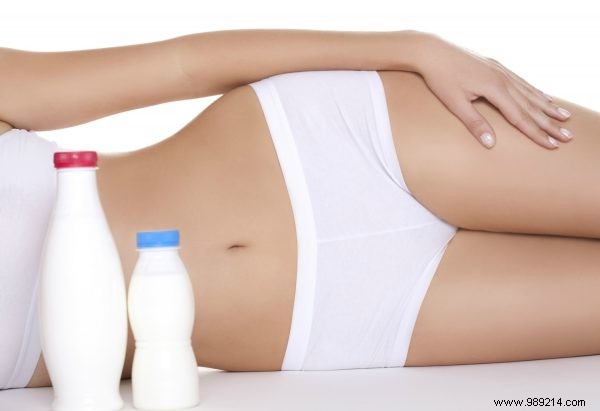
Probiotics are touted for strengthening immunity and easing bloating. But do these beneficial bacteria truly transform your health?
Your gut hosts around 100 billion bacteria, weighing about two kilograms—roughly 2% of your body weight. It’s a bustling ecosystem of “good” and “bad” microbes. Harmful ones can cause illness, while beneficial ones, like Lactobacillus and Bifidobacterium found in yogurts and supplements, promote wellness from within. As immunologist Ger Rijkers from University College Roosevelt explains, growing scientific evidence supports their benefits—provided they reach your intestines alive.
Read also: ‘Probiotics to the rescue‘
While the European Food Safety Authority (EFSA) remains cautious, research confirms that specific probiotic strains improve digestion, enhance resistance to infections, and offer protection against certain diseases. They help maintain balance in your gut flora, preventing harmful bacteria from dominating. The human gut harbors about 1,100 bacterial species, with a healthy individual typically hosting around 180. Chronic diarrhea, for instance, can reduce this to just 50.
Bacteria come in genera, species, and strains—much like car brands and models. Though exact roles aren’t fully mapped, Rijkers points to strong evidence that certain strains prevent allergies, eczema, and may influence diabetes management. Large-scale studies are underway to confirm these links.
Probiotics also support mental health via the gut-brain axis. Cognitive psychologist Laura Steenbergen at the University of Amsterdam studies this connection: “Gut activity influences mood-regulating compounds like tryptophan.” Mouse studies with Lactobacillus rhamnosus showed reduced stress, anxiety, depression, and lower corticosterone levels. As Steenbergen notes, “What affects your mind starts in your gut”—earning it the nickname “second brain.”
Read also: ‘4 misunderstandings about probiotics‘
Probiotics thrive with prebiotics—indigestible fibers from grains, vegetables, and fruits that fuel their growth.
You don’t always need supplements; fermented, unpasteurized foods deliver them naturally. Rijkers recommends “live” yogurts like authentic Greek or Bulgarian varieties, rich in active lactic acid bacteria. Regular portions keep your gut thriving.
Take probiotics on an empty stomach. Food triggers stomach and bile acids that can kill live bacteria; fasting lets them reach your intestines intact and faster.